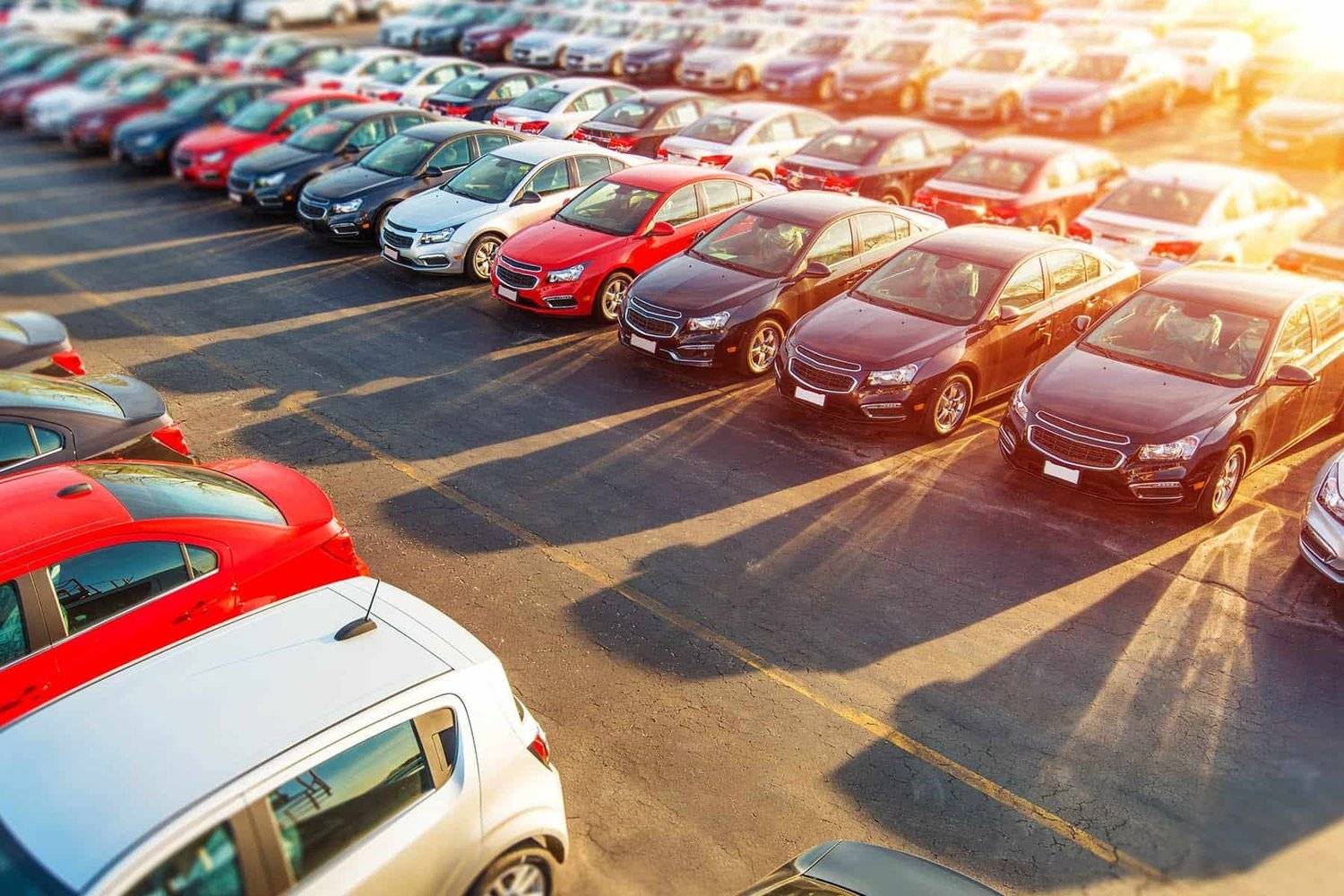See Why Americans Are No Longer Purchasing Cars
For decades, owning a car has been a staple of American life. However, in recent years, there has been a significant decline in car ownership, particularly among younger generations. According to recent data, Americans are no longer purchasing cars at the same rate as they used to. But what's behind this trend?
One of the main reasons why Americans are no longer purchasing cars is the rising cost of ownership. With the increasing cost of fuel, maintenance, and insurance, owning a car has become a significant expense. According to a report by the American Automobile Association (AAA), the average cost of owning a car is around $8,500 per year. This is a significant burden for many Americans, particularly those living in urban areas where public transportation is readily available.
Another reason why Americans are no longer purchasing cars is the growing popularity of alternative modes of transportation. With the rise of ride-hailing services such as Uber and Lyft, many Americans are opting to use these services instead of owning a car. Additionally, the increasing availability of public transportation, bike-sharing programs, and electric scooters has made it easier for people to get around without owning a car.
The shift towards urban living is also contributing to the decline in car ownership. Many Americans, particularly younger generations, are opting to live in urban areas where they can walk, bike, or use public transportation to get around. According to data from the United States Census Bureau, the number of Americans living in urban areas has increased significantly over the past decade.
The rise of the sharing economy is also playing a role in the decline of car ownership. With the growth of car-sharing services such as Zipcar and Car2Go, Americans are increasingly opting to use shared vehicles instead of owning their own. This trend is particularly popular among younger generations who are more likely to prioritize convenience and flexibility over car ownership.
Finally, environmental concerns are also contributing to the decline in car ownership. With growing concerns about climate change and air pollution, many Americans are opting to use more environmentally friendly modes of transportation. According to data from the Environmental Protection Agency (EPA), transportation accounts for around 27% of greenhouse gas emissions in the United States. By opting to use public transportation, walk, or bike, Americans can significantly reduce their carbon footprint.
In conclusion, the decline in car ownership among Americans is a complex trend driven by a variety of factors. From the rising cost of ownership to the growing popularity of alternative modes of transportation, there are many reasons why Americans are no longer purchasing cars. As the transportation landscape continues to evolve, it will be interesting to see how this trend continues to unfold.




No comments yet
Be the first to share your thoughts!